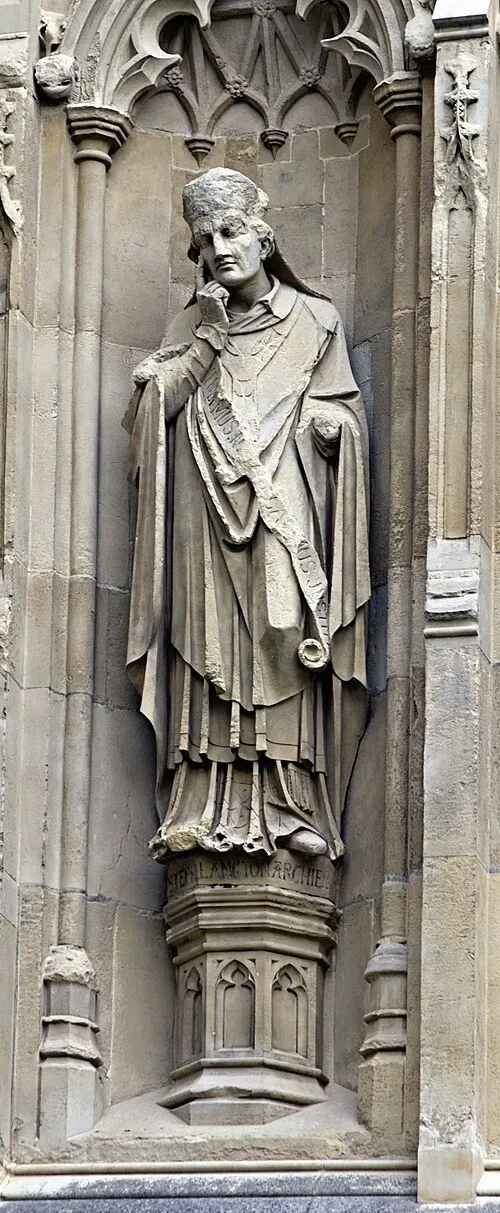
Stephen Langton: The Influential Archbishop of Canterbury
Stephen Langton, born around 1150, was a prominent church leader in medieval England, revered for his pivotal role in the history of the Anglican Church and his impact on the English legal system. His tenure as the Archbishop of Canterbury from 1207 to 1228 is marked by significant contributions to theology, governance, and education.
Early Life and Education
Langton was born in Langton by Wragby, Lincolnshire, England. His early education took place at the University of Paris, where he immersed himself in the study of theology and the liberal arts. It was during this period that he developed a keen interest in scripture, which would later influence his work as a church leader.
Appointment as Archbishop
In 1207, Langton was appointed Archbishop of Canterbury by Pope Innocent III, amidst a dispute with King John of England. The king was opposed to Langton’s appointment because it undermined his influence over the church. This led to Langton’s exile, as King John refused to recognize him as the legitimate archbishop.
The Role of Langton in the Magna Carta
Stephen Langton’s legacy is profoundly linked with the Magna Carta, which was sealed in 1215. His theological insights and authoritative voice played a crucial role in the archbishop's efforts to mediate between the rebellious barons and King John. Langton’s influence ensured that the document emphasized principles of justice and the rule of law, laying the groundwork for modern democracy.
Theological Contributions
Langton was known for his innovative approach to biblical texts. He was the first to introduce the division of the Bible into chapters, an essential development for later biblical scholarship and lay reading. This advancement made scripture more accessible, encouraging literacy and theological discourse among the clergy and laity alike.
Later Years and Legacy
After his return from exile, Langton worked tirelessly to maintain order and promote reform within the church. He founded several schools and supported the establishment of universities, contributing to the educational landscape of England. His efforts culminated in a more organized church structure that emphasized the importance of pastoral care.
Commemoration
Stephen Langton is commemorated on July 9 in the Anglican and Episcopal calendars, serving as a reminder of his contributions to the Church and society. His legacy continues to influence contemporary discussions around church governance, social justice, and the interpretation of scripture.
Conclusion
As a scholar, leader, and mediator, Stephen Langton remains an iconic figure in English history. His life’s work not only shaped the Church of England but also created a foundation for the development of legal principles that underpin modern governance. The impact of Stephen Langton is still felt today, making him a pivotal figure worthy of remembrance in the Anglican tradition.






